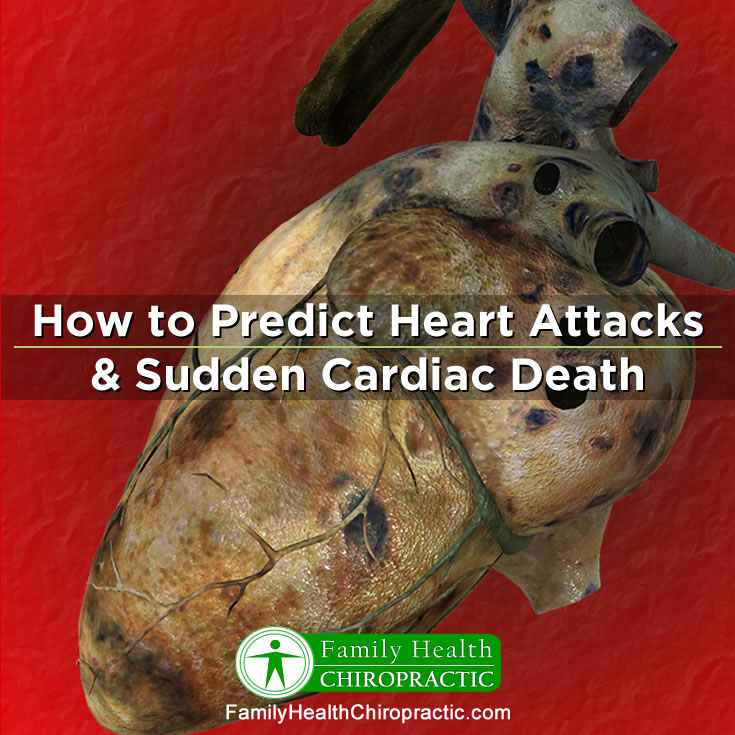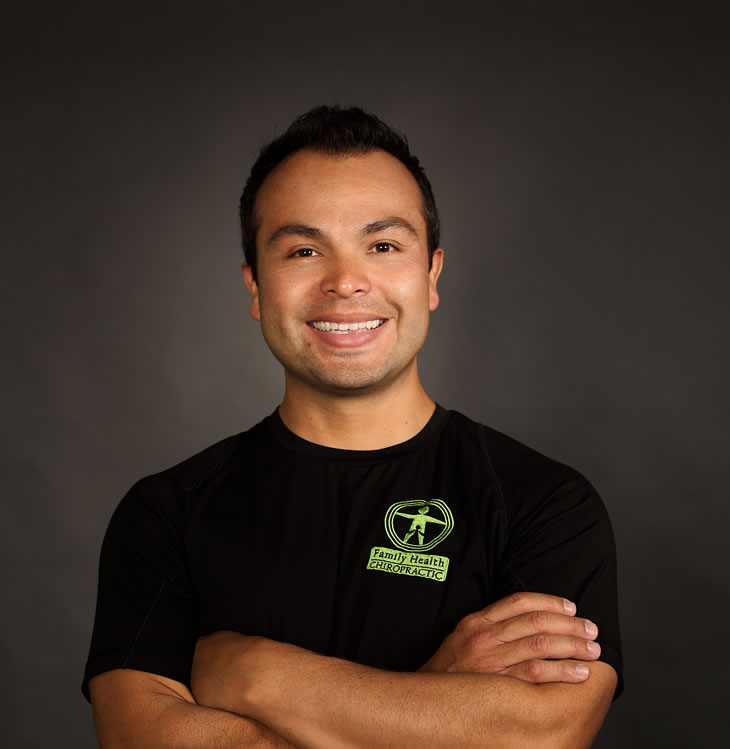TV’s most likable dad died from sudden cardiac death last week. Alan Thicke’s massive heart attack was quick and unexpected and many of his closest friends have already come out saying there were no signs whatsoever. As tragic as this is, it’s equally upsetting to know the signs were likely present but no one was looking for them. Of course, this is not something that happens to just TV stars. Everyday people are taken from us in an instant. It’s an all too common scenario.
But it doesn’t have to be. Most specialists agree that heart disease is quite preventable and we now can put ourselves in a position of minimal risk. The key is to know what to look for.
Heart disease continues to be the leading cause of the death in this country and continues to be a threat in taking away those we love when we least expect it. It’s hard to overstate the impact that heart disease has in the US. Consider the following:
- Heart Disease affects 65 million Americans.
- 1 million Americans have heart attacks every year
- 1 person dies every 39 seconds from heart related problems
- 33-50% of deaths are due to heart related problems
- 33% of Americans have metabolic syndrome (a cluster of heart risk factors) associated with heart disease, diabetes, obesity and cancer)
- Total cost of heart disease in the US is estimated at $320 Billion.
To put that last statistic in perspective, the World Health Organization has estimated that ending world hunger would cost approximately $195 billion. It could be argued that the $320 billion spent on treating heart disease in a necessary expenditure, but studies suggest that 80-90% of heart disease is caused by modifiable diet and lifestyle factors; especially when you know the risks!
Herein lies the problem. Heart disease is one of the most misdiagnosed and mistreated conditions in medicine. Even though medical scientists have discovered so much about what causes heart disease over the past 20 years, the medical establishment is still operating on outdated science from 40-50 years ago. This includes testing and diagnostics. Hint: Normal cholesterol does not mean you don’t have heart disease.
We could spend hours covering all the research that’s been conducted by major universities. I’ll save you the time and provide a synopsis of facts published in some of the best peer reviewed journals in the world:
- High Cholesterol is not the primary cause of heart disease.
- Diets high in saturated fat and cholesterol don’t cause heart disease.
- Consumption of “heart healthy” vegetable oils is linked to heart disease, cancer and many other conditions
- Statin drugs don’t reduce the risk of death for most people, and have dangerous side effects and complications.
- Statin drugs can save lives for a very small percentage of the population, but they still cause complications.
Thicke, who was 69, was playing ice hockey with his son when he suffered his heart attack on Dec. 13. It happened with no symptoms.
For a heart attack to quickly lead to death, the damage to the heart needs to be great enough to cause the heart to beat irregularly and eventually stop entirely. The irregular heartbeats that result from the lack of oxygen start from the bottom of the heart, and aren't strong enough to generate blood flow,
When this occurs, the heart becomes very agitated and eventually the heartbeat becomes more of a quiver than strong pump. This is called fibrillation, and is what leads to less blood flowing which then causes the heart to stop.
Heart Attacks Don't Always Kill Instantly
It’s possible for the heart muscle to lead to irregular heartbeats long after the heart attack happens. A person can also die from a heart attack that causes no irregular heartbeat at all — the heart muscle can be so damaged from the lack of oxygen that the heart can no longer pump enough blood, which can lead to death. For death to occur immediately or shortly after a heart attack, there had to be a very large blockage that damaged a lot of the heart muscle.
Risk factors and symptoms
It's unclear what symptoms and risk factors Thicke had, if any, before his heart attack. My point is that we shouldn’t wait for symptoms to address them. Especially when it’s something as deadly as heart disease.
It’s widely accepted and most people know that risk factors of heart disease include high blood pressure, high cholesterol and a sedentary lifestyle. But this is literally the tip of the iceberg.
Things you should consider to Get a Grip On Predicting Heart Attackes & Sudden Death:
- Family History
- Genetic Testing
- Biometrics (waist to hip ratio, BMI, visceral fat, muscle mass)
- Vitals (blood pressure
- Blood chemistry (Cholesterol, Total, HDL, LDL, HDL-P, LDL-P, HS-CRP, ApoA, ApoB)
- EKG and Stress Testing
- CIMT ultrasound testing
Functional Medicine Assessments & Consultations
Beginning January 1st, I will start offering structured Functional Medicine consults. This will be separate from Family Health Chiropractic and something that is being launched nationally. That said, because you are patients of mine already, I’d like to give you priority over anyone else. I’d also like to offer you a deep discount on this service.
My Functional Medicine consults will be virtual, meaning we can meet via skype or phone and everything including paperwork, testing and diagnostics, treatment and protocols will be handled via my private patient portal. Because my time is already limited, I have to limit the number of patients I accept. NOTE: I promise, these spots will fill up fast so don’t delay. For those of you who don’t get registered, you’ll be put on a waiting list.
To learn more visit here: www.drdaniel.com/consult (Use coupon code: FAMILY for $200 off until spots are filled)
How will this work?
Step 1: Purchase your High Performance Health Assessment & Consultation
As a patient of mine you will be getting a deep discount compared to what everyone else will pay. Merry Christmas :)
Step 2: After purchasing your consult you can register at my private portal where you will create a personal account so I can communicate with you securely.
The initial forms you will fill out are likely more comprehensive than anything you’ve experienced before. This should give you an idea of how serious I am about your health. You probably have never had a consult with a doctor like this before!
After you finish filling out the forms, we will schedule a virtual consult and I will begin working on your case. I will identify 3 problem areas that we can begin addressing to improve health and work towards High Performance.
Step 3: You will get a follow up consultation containing specific functional medicine labs from the best laboratories in America along with specific action steps to take.
Everyone is going to be interested in improving their health at the beginning of the year. I don’t want to just improve health, I want to focus on High Performance health and this requires something different.
To learn more visit here: www.drdaniel.com/consult (Use coupon code: FAMILY for $200 off until spots are filled)
What is Functional Medicine?
In conventional medicine, there’s a doctor for every part of your body: cardiologists for the heart, gastroenterologists for the digestive system, neurologists for the brain and nervous system, podiatrists for your feet, ophthalmologists for your eyes and yes, chiropractic for your spine and acupuncturists for your points J
Due to this siloing, conventional medicine practitioners focus on individual body systems, rather than the whole person to understand the interrelated causes underlying disease and chronic illness. It looks at symptoms in order to name a disease and find a corresponding drug.
Alternative medicine is certainly more holistic and focused on whole body systems, but it usually falls short in diagnostics and objective testing. Alternative medicine practitioners (massage therapy, nutritionists, chiropractors, acupuncturists, homeopaths, naturopaths, etc) offer treatments that are much safer but not specific.
In functional medicine, we see the body as an interconnected whole, within a larger environment. We recognize that in order to treat one part of the body, all other parts must also be considered. This breaks apart artificial divisions of the body. Functional medicine looks at underlying phenomena that occur across specialties (inflammation, oxidative stress, toxicities, cellular energy problems, etc.) in order to understand the root cause of disease and find the right tools, at the right time, individualized for each person.
The table below compares eight key distinctions between functional and conventional medicine.
If you’re interested in High Performance Health or want to address any risk factors you may have regarding Heart Disease, Diabetes, Immunity, Gut Disturbance, Hormone Imbalances and/or Nutritional Issues, then please consider my functional medicine consults. Spots are limited, so act fast.
To learn more visit here: www.drdaniel.com/consult (Use coupon code: FAMILY for $200 off until spots are filled)



